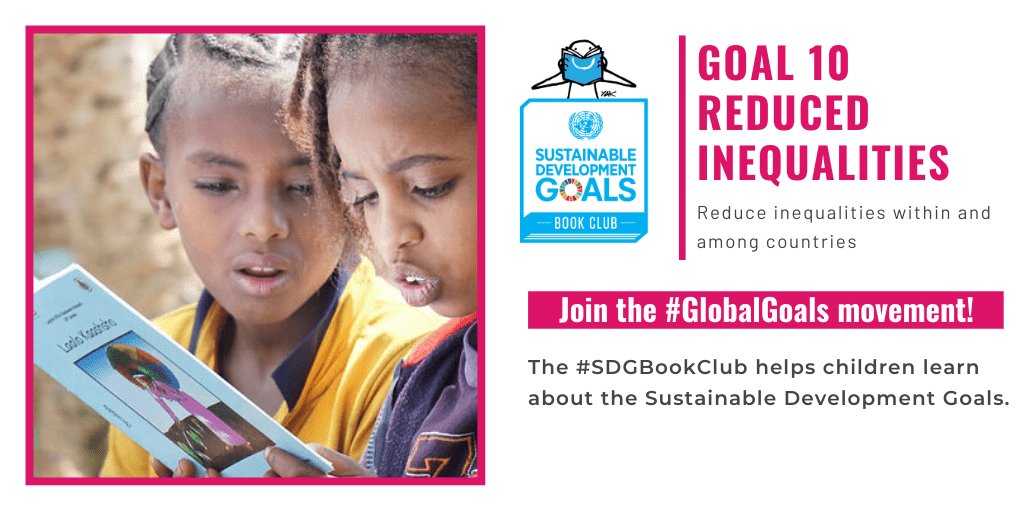 SDG 10: Reduced Inequalities
SDG 10: Reduced Inequalities
Across the world there is still a lot of inequality to be found. What does inequality look like? For example, even in the richest countries, there are children who cannot afford lunch at school and go hungry, women who don’t get paid as much as their male coworkers for the same job, or people who are being treated differently because of their religion, age or where they are from.
How do we reduce inequality? To start with we must help people get out of poverty. This starts with all children having the chance to go to school, to have the books they need and enough food when they are hungry. Their parents need to be paid fairly for their work, to have access to doctors and medicine, as well as the right to vote and run for office to help shape the policies of the country they live in.
Our new reading list covers many of these topics and shows you what life can look like when everyone has the same chances to grow and make their dreams come true. We hope the stories will inspire you to take action towards reducing inequalities in your community.
The SDG Book Club makes content available in the six official languages of the United Nations – please see our other pages for more recommendations in Arabic, Chinese, French, Russian and Spanish.
On the importance of reading
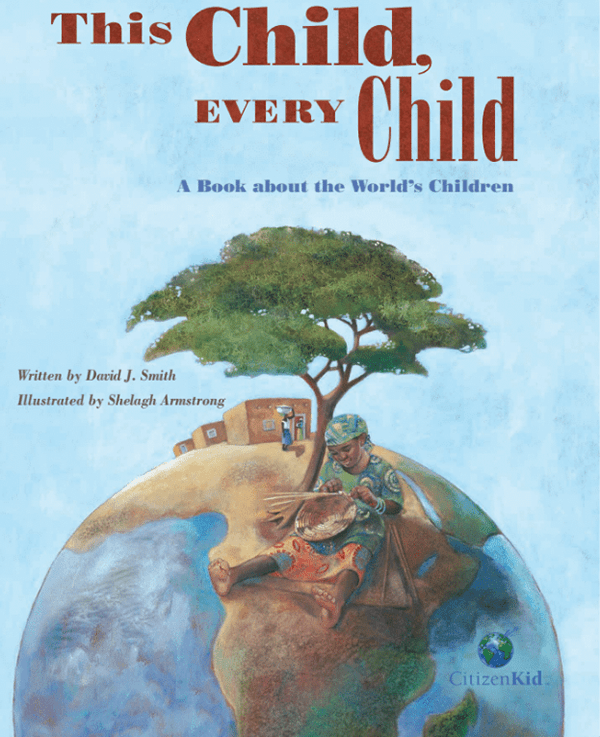
This Child, Every Child
This Child, Every Child is a unique book containing statistics and stories about children around the world today. This compilation of stories and facts encourages kids to broaden their horizons as it provides a glimpse into the lives of fellow children living under various circumstances. While some kids are able to attend school and have enough to eat every day, others are not so fortunate. With beautiful illustrations and a powerful message, This Child, Every Child aims to raise awareness about existing disparities around the world and the struggles that different children have to face. The book inspires children to strive for a more inclusive and equitable world for future generations.
Author: David J. Smith | Illustrator: Shelagh Armstrong | ISBN: 9781554534661 | Publisher: Kids Can Press
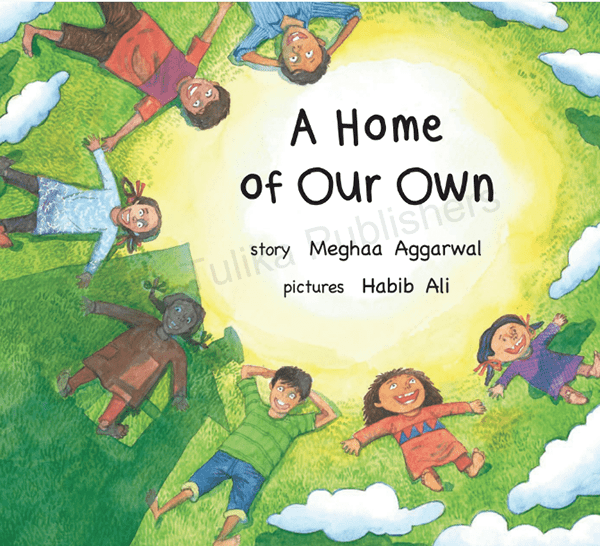
A Home of Our Own
This heartwarming book follows the adventures of Sunehri and her friends as they play “house,” a classic game that has been enjoyed by children everywhere. The children in the story do not have a real house, so they create a pretend house out of the items they find across the city. Through their joyful, make-believe game, we get a glimpse of the harsh reality the kids live in. This book inspires children to broaden their perspective, as they are made aware of the inequalities that different children around the world face.
Author: Megha Aggarwal | Illustrator: Abib Ali | Publisher: Tulika
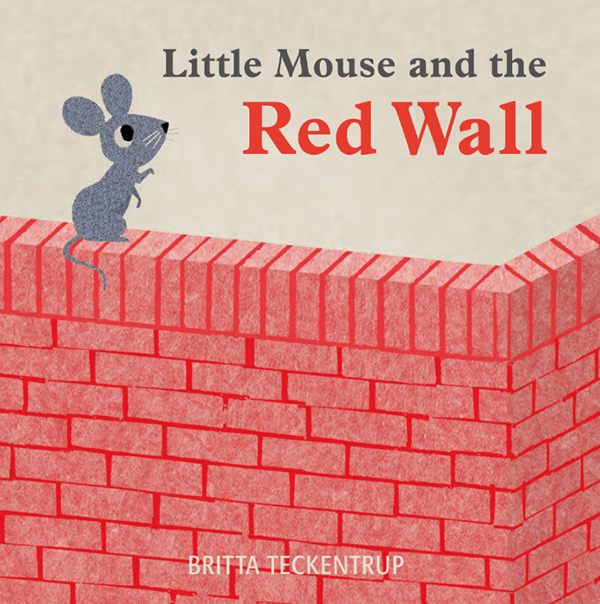
Little Mouse and the Red Wall
This delightful book depicts a community of animals surrounded by a red wall. The story centers around the journey of Little Mouse, who is curious about what life is like beyond the red wall. The hopeful tale inspires children to face their fears and overcome challenges, while recognizing that not everyone has the same freedoms as they do.
Author: Britta Teckentrup | ISBN: 9781408342800 | Publisher: Orchard Books
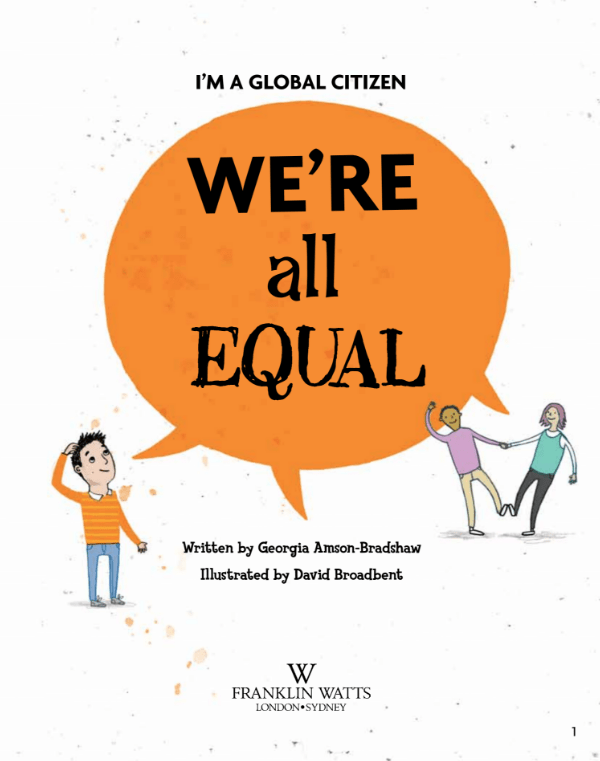
I’m a Global Citizen: We’re All Equal
An insightful educational resource for younger readers with captivating illustrations, this book explores the different forms of inequality around the world. The book also shares suggestions for activities and actions that will inspire readers to join the fight against inequality.
Author: Georgia Amson-Bradshaw | Illustrator: David Broadbent | ISBN: 9781445163628 | Publisher: Franklin Watts – Hachette Children’s Group
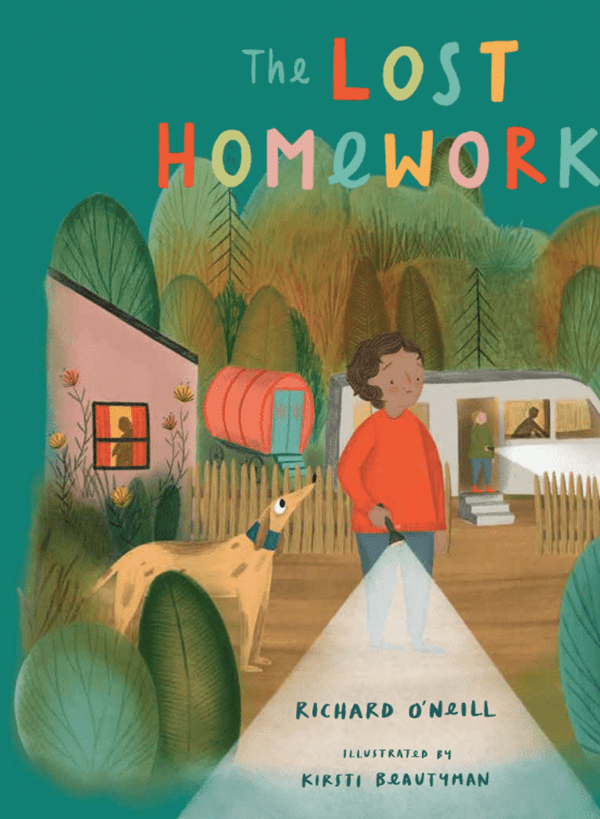
The lost homework
Sonny, a school-lover and responsible student, lives on a Traveller site with his family. However, on this particular weekend, he finds himself having to help his family and neighbors with various tasks. The one thing he doesn’t quite get to is finding his homework workbook. Disappointed in himself, he is honest with his teacher and tells the whole class about his weekend. By the end, Sonny’s experience will prompt readers to realize that the skills they learn outside of school are equally as important as what they learn in school.
Author: Richard O’Neill | Illustrator: Kirsti Beautyman | ISBN: 9781786283467 | Publisher: Child’s Play (International) Ltd.
Reading is a great way to better understand what people from across the globe struggle with in their everyday lives, and it helps us reflect on our own situation. But reading is just the first step: now it’s time to share your book club experiences and how you plan to take action. Each month, we will feature a couple of book clubs on our blog, so get ready to share your story through social media, by using #SDGBookClub and tagging @UNPublications.
We know it can be difficult to stay at home to protect ourselves and our loved ones from COVID-19. This is why we created a new guide on how to organize your own SDG Book Club online to connect with your friends and family while sharing the joy of reading. We look forward to hearing about your experience on social media using #SDGBookClub.
Help us spread the word by downloading our promotional materials. You will find a horizontal banner, bookmark, placard and easy-to-print sign-up sheet for your friends, family and community to join the SDG Book Club!
The International Publishers Association (IPA) is a federation of publishing associations from around the world. The main mandate of the IPA is to promote and defend copyright, support the freedom to publish, promote literacy and reading. IPA is an accredited NGO in consultative status with the Economic and Social Council of the UN. IPA supports the SDGs and works particularly closely with WIPO and UNESCO.
The International Federation of Library Associations and Institutions (IFLA) is the leading international body representing the interests of library and information services and their users. It is the global voice of the library and information profession. Founded in 1927 in Edinburgh, Scotland at an international conference, we celebrated our 90th birthday in 2017. We now have more than 1,300 Members in nearly 150 countries around the world. IFLA was registered in the Netherlands in 1971.
The International Board on Books for Young People (IBBY) is a non-profit organization that represents an international network of people from all over the world who are committed to bringing books and children together. Today IBBY comprises 79 National Sections worldwide.
The European & International Booksellers Federation (EIBF) represents national booksellers associations in the European Union and beyond. EIBF Members in turn have in membership booksellers of all kinds: brick and mortar bookshops, online bookshops, independents, chains.
The Bologna Children’s Book Fair (BCBF) is the most important international trade fair of the children’s publishing industry. With over 50 years of experience, BCBF has succeeded in bringing together a unique and diverse global audience: the result is the world’s premium copyright business hub when it comes to publishing with an extra core that extends to all multi-media content for children.

